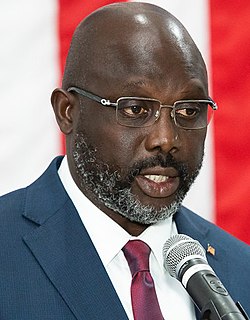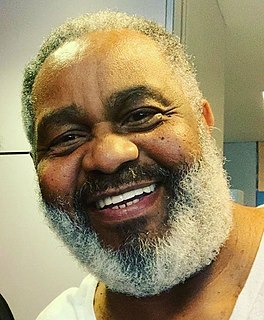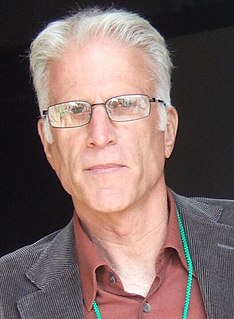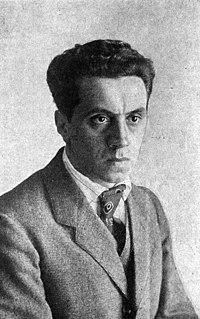A Quote by Kerry Kennedy
I've learned powerful lessons about the nature of forgiveness from human rights defenders. For example, for the greater good of his country, Kofi Woods emerged from a torture chamber in Liberia to later defend the very men who had brutalized him.
Related Quotes
The United Nations should come in and take over Liberia, not temporarily, but for life. To make Liberians believe in democracy, to make us believe in human rights, they need to go in and just seize control of the country. That is the only way Liberia will ever become the kind of country it was supposed to be.
Human beings have rights, because they are moral beings: the rights of all men grow out of their moral nature; and as all men havethe same moral nature, they have essentially the same rights. These rights may be wrested from the slave, but they cannot be alienated: his title to himself is as perfect now, as is that of Lyman Beecher: it is stamped on his moral being, and is, like it, imperishable.
I was a stray acquaintance whom he had never seem before and would never see again, a wandered for a moment through his monotonous life, and some starved impulse left him to lay bare his soul. I have in this way learned more about men in a night than I could if I had known them for 10 years. If you are interested in human nature, it is one of the greatest pleasures of travel.
I think, questions about what it means to respect nature become very important because just as in human society, for example, part of what it is for me to live a good life as a human being in a human society is to have respect for others around me. Now, that respect, to some extent, can be thought of as being grounded in the rights and interest of others but it also has to do with the stance that I take in the world and what it is that provides meaning and significance in my own life and I think there are similar ideas of respect for nature that apply as well.
God, Who is by nature good and dispassionate, loves all men equally as His handiwork. But He glorifies the virtuous man because in his will he is united to God. At the same time, in His goodness he is merciful to the sinner and by chastising him in this life brings him back to the path of virtue. Similarly, a man of good and dispassionate judgment also loves all men equally. He loves the virtuous man because of his nature and the probity of his intention; and he loves the sinner, too, because of his nature and because in his compassion he pities him for foolishly stumbling in darkness.






































